|
|
|
|
Nau mai haere mai, welcome to your newsletter.
In case you’d missed it, there is a yacht race happening on Auckland’s Waitematā Harbour today. In fact, the preliminary rounds of the America’s Cup have been going on for months now, but the final is, well, finally upon us. And while not all of us will be diehard fans, it’s hard not to be just a little impressed by the spectacle of these huge boats virtually flying on their foils across the sparkling waters of Tāmaki Makaurau, with the city and islands of the Hauraki Gulf in the background.
But, as Diane Brand explains, the America’s Cup hasn’t always been like this. For much of its history, races took place far from land and spectators, largely the domain of the privileged elite who could afford to care. That all began to change when the Southern Hemisphere syndicates began to win, and by making this latest contest so visible from vantage points around Auckland, it is now part of a long history of spectator-friendly regattas in
the “city of sails”.
There’s plenty more to read here and on our homepage, including an important analysis of how climate change means some communities must begin planning a “managed retreat” from vulnerable coasts and
hinterlands.
Until next time, mā te wā and all the best.
|
Finlay Macdonald
New Zealand Senior Editor & NZ Editor: Politics, Business + Arts
|

|
|
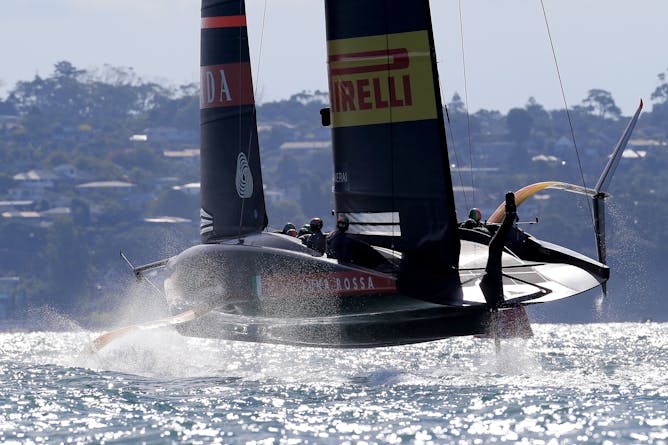
GettyImages
Diane Brand, University of Auckland
The America's Cup challenges have been key to Auckland reclaiming its waterfront to give the public a chance to see more of the racing.
|
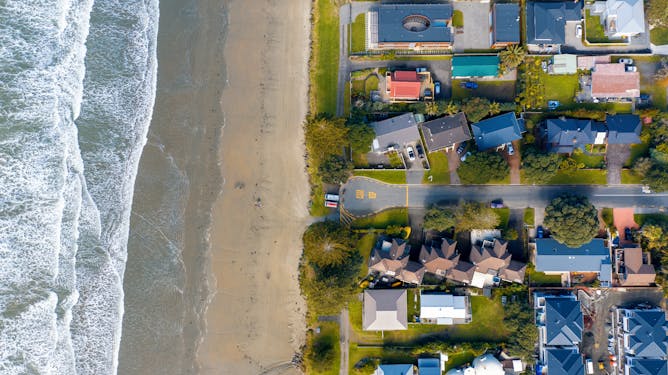
www.shutterstock.com
Christina Hanna, University of Waikato; Bruce Glavovic, Massey University; Iain White, University of Waikato
Putting affected people and communities at the centre of difficult relocation decisions must be a priority under laws that replace the old Resource Management Act.
|
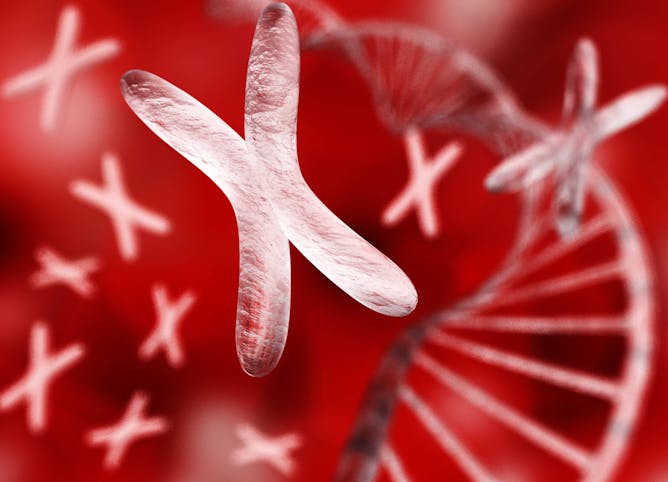
www.shutterstock.com
Kelly Burrowes, University of Auckland
The lack of recognition of sex differences in biology and medicine is a huge issue science has only recently begun to rectify.
|
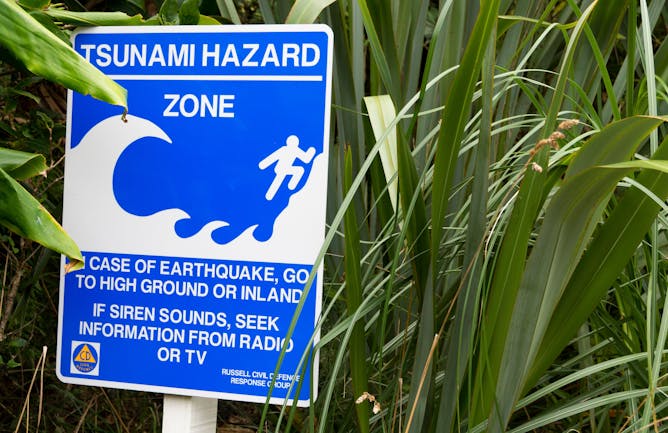
Martin Gruenzweig/Oneworld Picture/Universal Images Group via Getty Images
Timothy Stern, Te Herenga Waka — Victoria University of Wellington
Three major earthquakes, including one magnitude 8.1 shake, ruptured along the Tonga Kermadec subduction zone, the longest such system on Earth.
|
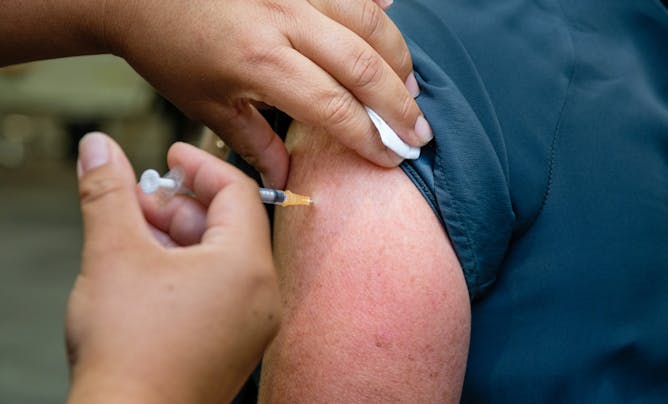
Ministry of Health
Jagadish Thaker, Massey University
As New Zealand prepares to roll out COVID-19 vaccines to the general population, health authorities will need to reach those who remain hesitant through information sources they trust.
|
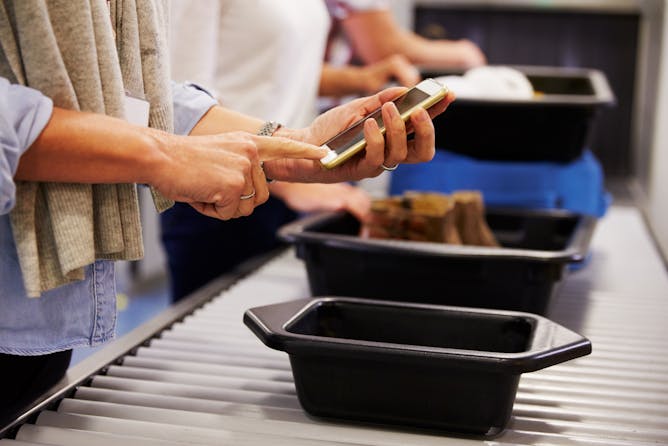
Shutterstock
Dave Parry, Auckland University of Technology
If a trans-Tasman travel bubble were to be established, passengers would likely need to use ‘vaccine passports’ to prove their vaccination status. But any tech-based system comes with security risks.
|
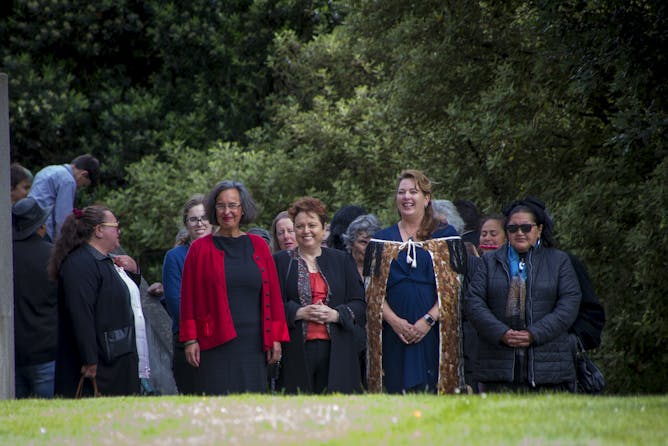
Massey University Vice-Chancellor Jan Thomas (centre) attends her pōwhiri (welcome) in 2017.
Jan Thomas, Massey University
A veterinary scientist by training, Massey University Vice-Chancellor Jan Thomas has turned to the humanities to learn more about Māori. Here she explains why.
|
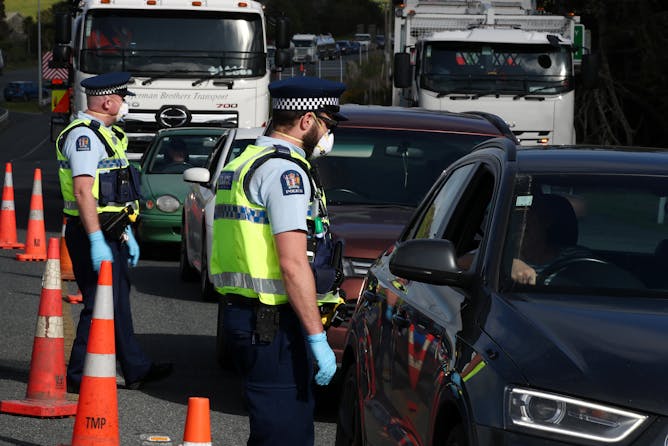
GettyImages
Alexander Gillespie, University of Waikato
We should beware of employing public anger or suspicion as a compliance tool, and let the police and courts do their jobs.
|
From our international editions
|
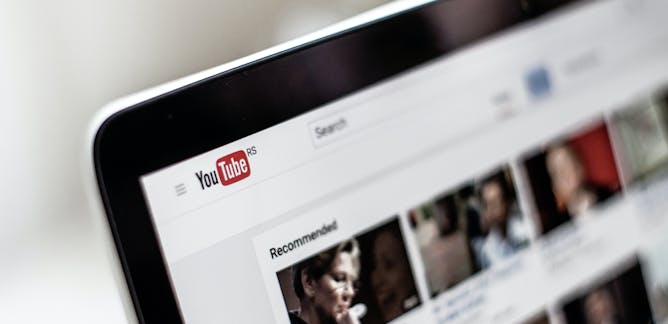
Alexander Mitchell Lee, Australian National University
Leftwing YouTubers are aiming to get their videos in front of viewers who typically watch far-right content, by mimicking their keywords and hoping the site's algorithms will do the rest.
| |
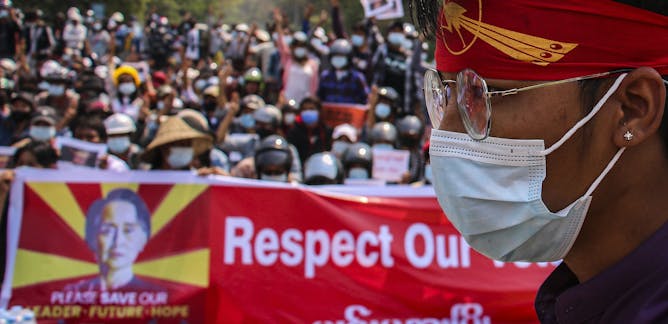
Matteo Fumagalli, University of St Andrews
Beijing is shaping as an important player in the international effort to resolve the political situation in Myanmar.
|
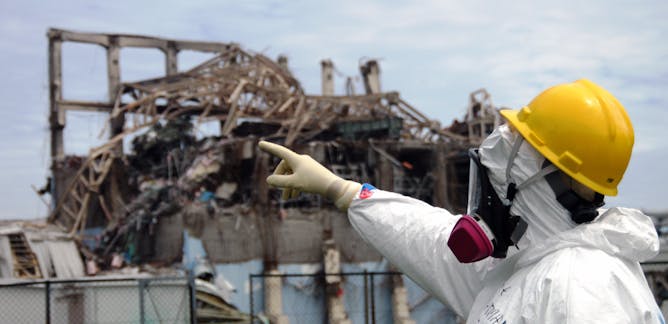
Kiyoshi Kurokawa, University of Tokyo; Najmedin Meshkati, University of Southern California
On the 10th anniversary of the Fukushima nuclear disaster, two experts explain why human choices are more important to nuclear safety than technology, and why the job is far from finished.
| |

Laura Clancy, Lancaster University
Royal confessions disrupt the careful balance between transparency and secrecy on which the monarchy is based.
|

Eerke Boiten, De Montfort University
Google's shift to 'profiling' is being billed as a privacy boon – but it's also a strategic pivot.
| |

M Akbar Rhamdhani, Swinburne University of Technology
Used electronics and electrical equipment, known as e-waste, can generate a significant amount of money if recycled.
|

Marnie Wedlake, Western University
Some therapists are calling for a new way to understand human distress.
| |

Chantell Witten, University of the Free State; Shane Norris, University of the Witwatersrand
Malnutrition during the first 1000 days of life can cast a long shadow over a person's life.
|
|
|
| |
| |
| |
| |
| |
| |
|
|
|
|
|
|
|